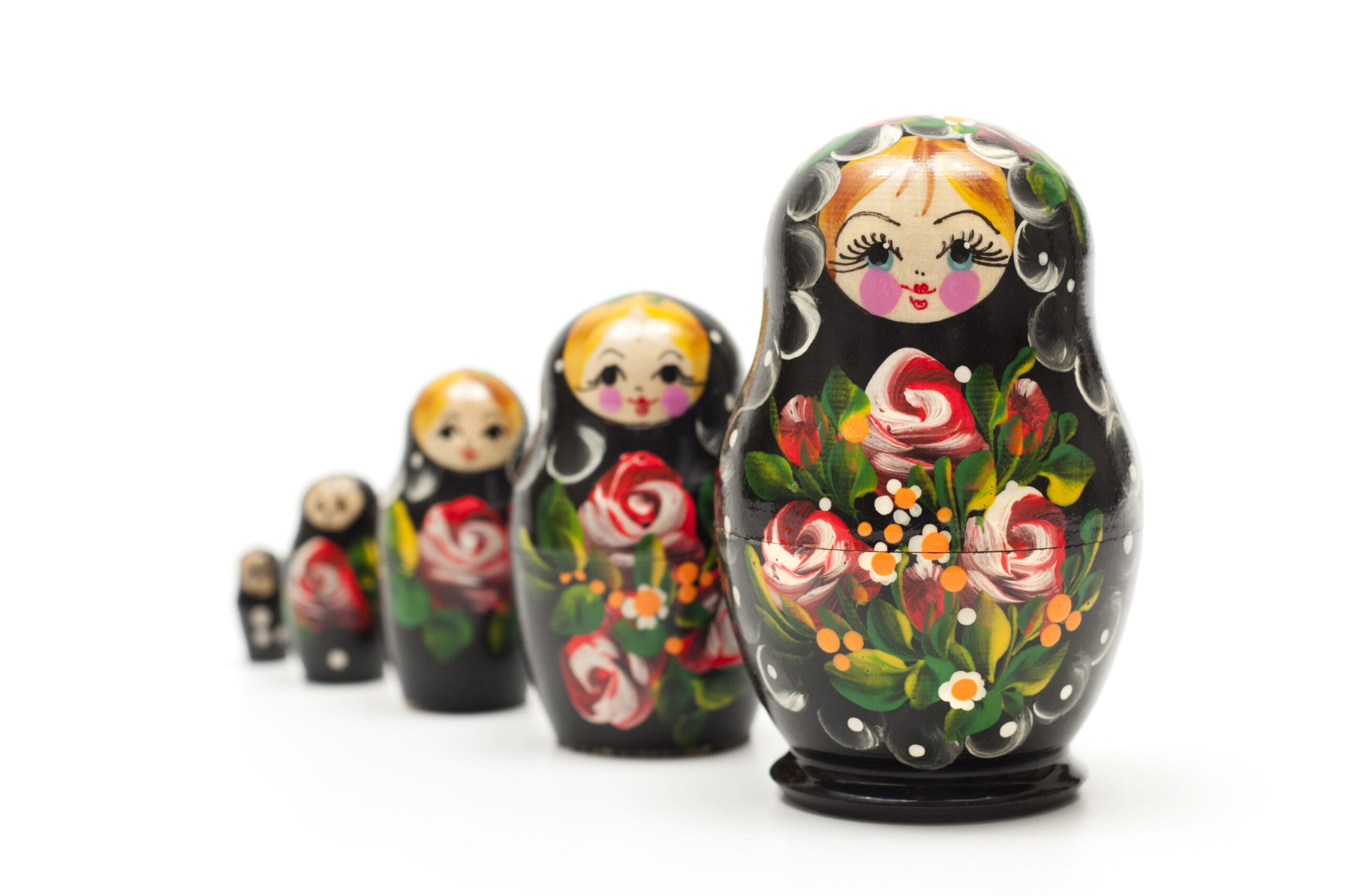What are Ego States?
We are each made up of a number of different ego states; each has its own feeling of power or weakness, emotion, logic, skills, and other personal traits. When we say, "Part of me feels this way and part of me feels that way," we are talking about ego states that might be in conflict. When we say, "I feel at peace with myself on this issue," we are talking about our ego states agreeing, not having an internal struggle. Our various ego states help to make our lives rich, productive, and enjoyable. However, an ego state harboring pain can cause unrest and unwanted emotional reactions. When two ego states are in conflict we can feel torn on an issue or a decision.

Examples of Ego States
Parent Ego State-The Parent ego state refers to the behaviors, thoughts and feelings that are copied, learned or even borrowed from our parents, parental figures, or significant others. The parent ego state holds the spoken and unspoken rules that a person learned from their parental figures. Parent ego states can be nurturing or critical. Positive aspects of critical and nurturing parent ego states are visible in people’s ability to discern right from wrong, to make decisions supported within and repair mistakes without guilt. Negative aspects of critical and nurturing parent ego states present as injuries to emotional and mental health. Examples include replaying of negative or overly protective messages from childhood, such as "I can't do anything right", and "I can't help myself".
Child Ego State-The Child ego state is at play when we re-enact thoughts, behaviors and feelings that we experienced as a child. These states can present immediately and act as a survival instinct within us. An example of an unhelpful child ego state is the "adult tantrum", which can be triggered when a strongly desired outcome is not able to be obtained. Another example is when an otherwise functional adult is triggered back to feeling the powerlessness once experienced as a child. The consequences of these kinds of child ego states is that it often puts obstacles in the way of our own growth by causing self-hatred, self-sabotage and negatively impacting relationships with others.
The Adult Ego- The Adult ego state operates by rationally processing what we are thinking and feeling, based on facts without interference of the unconscious. Put simply, this is us being us, without those external influences of our Parent and Child ego states.
Ego State Therapy is a powerful therapy based on the premise that personality is composed of separate parts, or ego states, rather than being a homogeneous whole. In Ego State Therapy, your therapist works directly with the state that can best benefit from change, rather than merely working with an intellectual, talkative state. Ego State Therapy is often referred to as Parts Work. Ego State or Parts Work can support significant personal transformation by helping individuals recognize when they are being triggered, strengthening understanding of what the state being triggered needed "back then" and what it needs to know now and bringing far more of the helpful aspects of the various ego states into your present experience. In our Practice we integrate Ego State or Parts Work as part of a multimodal or integrative approach to therapy.
If you would like to learn more about how Ego State or Parts Work may be able to help you, feel free to contact us here.
